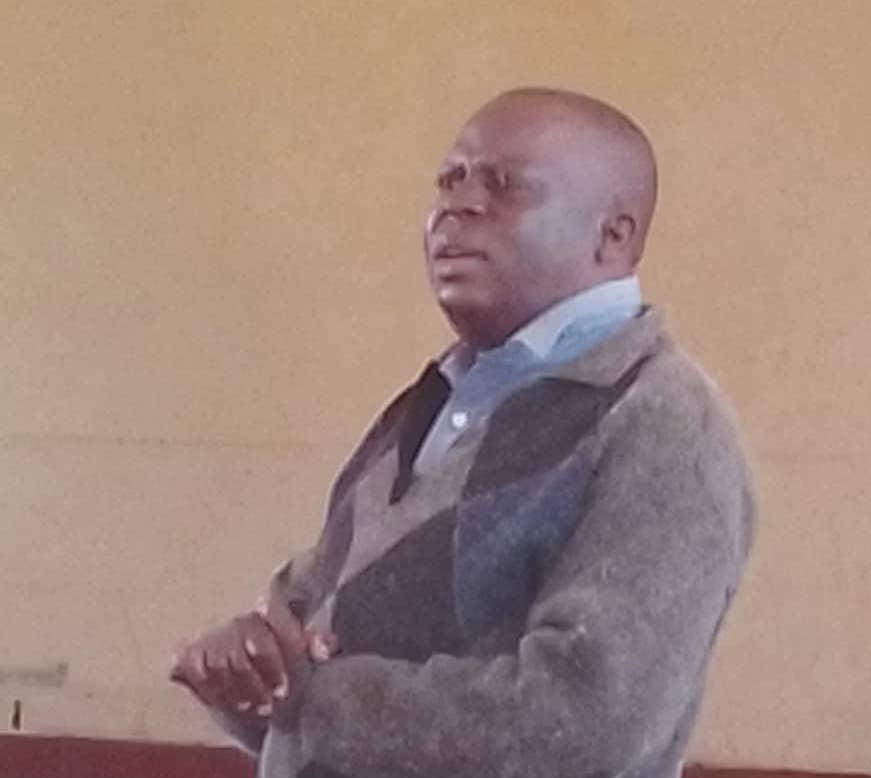|
Getting your Trinity Audio player ready...
|
By Elvis Dumba
Banket – There are still more things to be done to allow community inclusiveness of people with disabilities, an expert in disabilities has said.
Dr. Jabulani Mpofu, a Zimbabwe Open University Lecturer in Disability and Special Needs said Zimbabwe is one of the countries which has made tremendous efforts of coming up with policies that promote inclusiveness of people with disabilities but with little implementation on the ground.
“When we talk about community inclusiveness, we are talking about the implementation of policies that allow the full participation of people with disabilities in community activities of their daily lives. We have a lot of policies around disability issues but most of them are not being implemented. For example, most of the schools are not people with disability friendly, like you do not find sign language teachers at most public schools or ramps for easy access to those with wheelchairs in public facilities,” he said during a Banket chapter stakeholders meeting of the National Council of Disabled People of Zimbabwe recently.
Dr. Mpofu said society has a lot to demystify over the issue of disability.
“We still have a lot to do as a society since that’s where the stereotypes on disability issues come from. For example, in religion, we grew up with the notion that disability is a curse. Laws have been made around issues of disability interventions but have remained on paper. Whilst efforts were made that people with disabilities access free education, most schools do not have the resources to implement that access. You find most schools do not have sign language teachers or the school is not easily accessible to the child with a disability and the end result is that children with disability are kept home,” he said.
National Council of Disabled Persons Of Zimbabwe’s Banket chapter chairperson Kind Matope said people with disabilities yearn for an opportunity to participate fully in various facets of life.
“Society views us as a charity case. That is not entirely true because we are capable of many things but we have limited access to express ourselves. For example, most public facilities are not easily accessible to us due to their designs which means when they were designed, people with disabilities were not in consideration. We hear and read about policies surrounding disabilities issues but they remain on paper without implementation. Economic challenges hard-hit people with disabilities whilst the government has made strides in allowing free access to public services like health. It ends on consultation. For example, have you ever checked how much are crutches or wheelchair repairs? it’s not easy to get books in braille,” he said.
Meanwhile, Matope said the low turn-out at the stakeholders’ meeting revealed how people take up issues on disability. Invitations were sent to dignitaries like Mashonaland West Minister of State for Provincial Affairs and Devolution Mary Mliswa-Chikoka her representative who had promised to come in her place was not in attendance.
The local authority representative was also not in attendance despite being located just a stone’s throw away from the meeting venue.
“That alone shows you how we are taken by those whom we think should hear our concerns,” he lamented.
Matope also said preferences over people with disabilities are usually taken as an afterthought and gave an example of the Banket District Hospital’s damaged rehabilitation revival efforts.
“We lost a rehabilitation wing at Banket Hospital when the building housing a phamarcy and the rehabilitation department was consumed by fire. Right now, the rehabilitation workers have no place to effectively work from whilst a new pharmacy has already been constructed. We do not know when we will get the rehabilitation equipment which was lost in the fire. As I see it, it’s considered a benefit to few people,” he said.






